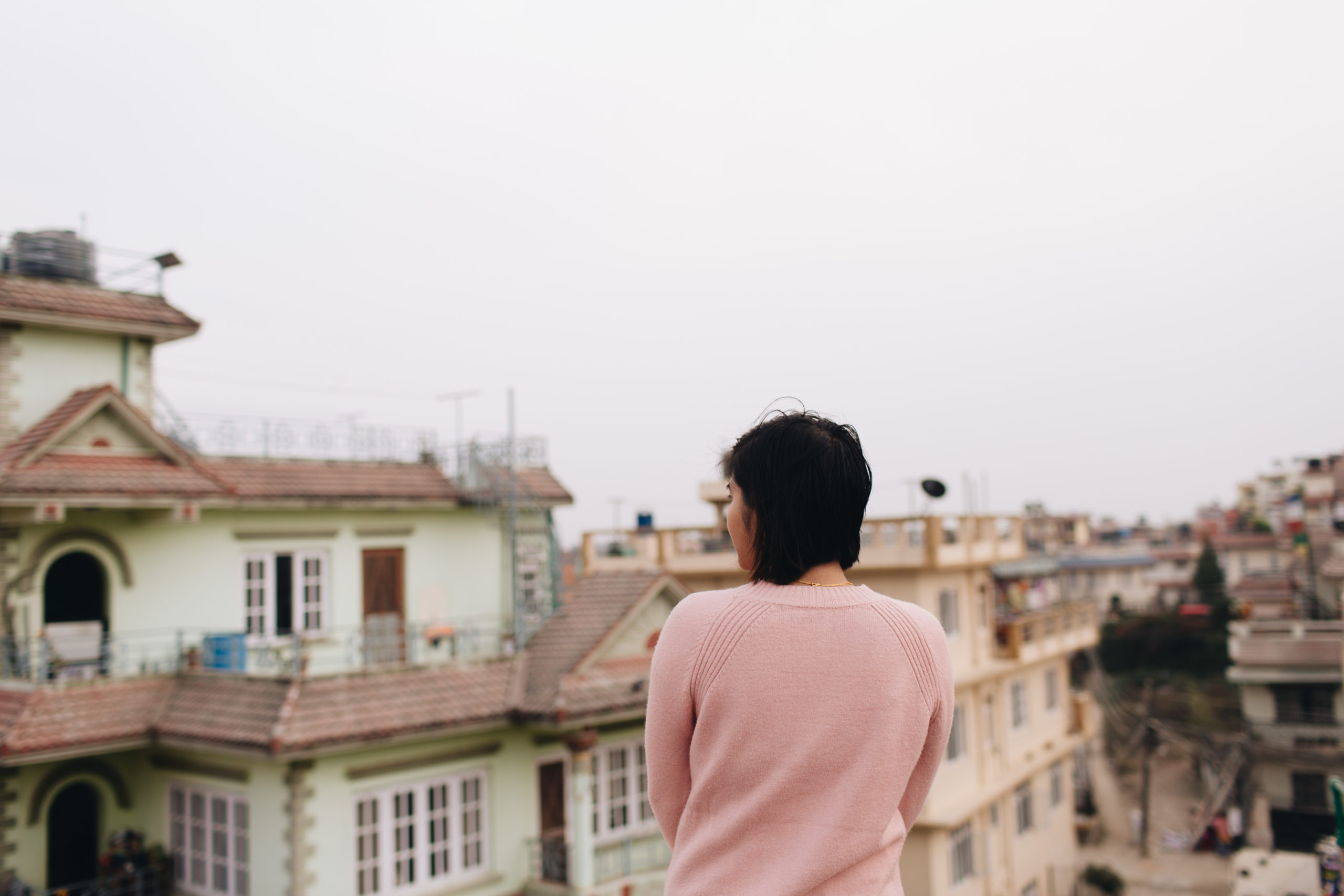
Types of Human Trafficking
Human trafficking is generally understood to refer to the process through which individuals are placed or maintained in an exploitative situation for economic gain. Trafficking affects all regions and most countries of the world.
Women, men and children are trafficked for a range of purposes, including forced and exploitative labour in factories, farms and private households, sexual exploitation, and forced marriage. Continuing reading to learn more about the different types of human trafficking, and how you can help.
What are the different types of human trafficking?
Forced Labour
Forced labour can be understood as work that is performed involuntarily and under the menace of any penalty. It refers to situations in which persons are coerced to work through the use of violence or intimidation, or by more subtle means such as manipulated debt, retention of identity papers or threats of denunciation to immigration authorities.
Sex Trafficking
The recruitment, transportation, transfer, harbouring or receipt of persons by means of threat, use of force, coercion, or deception with the intent of exploiting that person to perform a commercial sexual act.
Child Sex Trafficking
When a child (persons under 18 years of age) is involved, the use of force, threats, or coercion is not necessary for the offense to be prosecuted as human trafficking.
Commercial Sexual Exploitation of Children (CSEC)
The commercial sexual exploitation of children is a heinous form of child abuse which takes many forms, including child prostitution, child pornography and trafficking in children.
Online Sexual Exploitation of Children (OSEC)
Online child sexual abuse and online child sexual exploitation involve the use of information and communication technology as a means to sexually abuse and/or sexually exploit children. Examples of the crimes proscribed by law (to varying degrees) are:
- online grooming
- child sexual abuse material/child sexual exploitation material
- live streaming of child sexual abuse
At Ally, we work to prevent human trafficking and help survivors find healing. Your donations can help children heal from exploitation and abuse.
Forced Child Labour
The term “child labour” is often defined as work that deprives children of their childhood, their potential and their dignity, and that is harmful to physical and mental development. The worst forms of child labour involve children being:
- enslaved
- separated from their families
- exposed to serious hazards and illnesses
- left to fend for themselves on the streets of large cities–often at a very early age.
Bonded Labour / Debt Bondage
A form of coercion used in both sex trafficking and forced labour involving the imposition of a bond or debt.
- Some workers inherit debt while others fall victim to traffickers or recruiters who unlawfully exploit an initial debt, wittingly or unwittingly, as a term of employment.
- Workers can be charged recruitment fees and exorbitant interest rates, making it difficult, if not impossible, to pay off the debt.
Domestic Servitude
A form of human trafficking found in distinct circumstances—work in a private residence—in which a domestic worker is not free to leave his or her employment and is abused and underpaid, if paid at all.
- Many domestic workers do not receive the basic benefits and protections commonly extended to other groups of workers and their ability to move freely is often limited.
- Labour officials generally do not have the authority to inspect employment conditions in private homes.
- Domestic workers, especially women, confront various forms of abuse, harassment, and exploitation, including sexual and gender-based violence.
Child Soldiers
Child soldiering is a manifestation of human trafficking when it involves the unlawful recruitment or use of children by armed forces as combatants or other forms of labor.
- Perpetrators may be government armed forces, paramilitary organizations, or rebel groups.
- Many children are forcibly abducted to be used as combatants. Others are made to work as porters, cooks, guards, servants, messengers, or spies.
- Both male and female child soldiers are often sexually abused or exploited by armed groups and are subject to the same types of devastating physical and psychological consequences associated with child sex trafficking.
Child, Early and Forced Marriage (CEFM)
Forced marriages are marriages in which one and/or both parties have not personally expressed their full and free consent to the union. Child marriage, or early marriage, is any marriage where at least one of the parties is under 18 years of age.
- A child marriage is considered to be a form of forced marriage, given that one and/or both parties have not expressed full, free and informed consent.
Take Action to Prevent Human Trafficking
- Take some time to learn about which forms of human trafficking are most prevalent where you live.
- Search for “human trafficking in [your location]” or “anti-human trafficking organizations in [your location]”.
- Reach out to your local government to find out what prevention programs exist in your community.
Help survivors of human trafficking heal from trauma and build healthy, independent futures.
You can restore dignity and hope today.
5 Ways to Recognize Human Trafficking in Your Community
Download the free guide to learn how you can help:
Though trafficking can look different in different countries, one thing remains the same: traffickers always prey on vulnerability.
The more children, youth and parents understand how trafficking takes place, the better chance we have of stopping trafficking before it even happens.